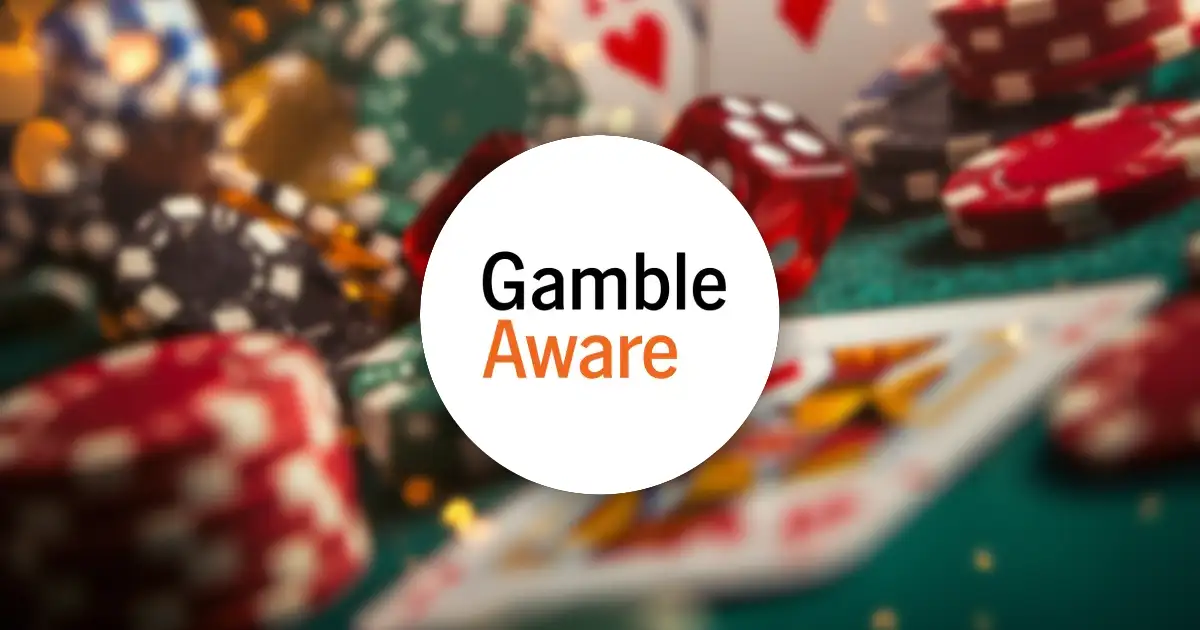Too many gambling ads? Britons want stricter rules
GambleAware sounds the alarm: Britain is lagging behind when it comes to gambling advertising rules. Across Europe, rules are being tightened to tackle the harm caused by gambling, but in Britain, it remains quiet. According to GambleAware, it is time for action to protect public health. They want the government to be much stricter, especially as gambling seems increasingly normalised by all the advertising, especially for young people.
This new report, produced by the University of Bristol and Ipsos, highlights that Britain urgently needs more regulation. In most European countries, gambling advertising on TV, radio, sports and the internet is increasingly being restricted. But in Britain, such an approach is completely absent.
Public wants less gambling advertising
It is not only GambleAware that wants stricter rules, the public is also fed up with them. The report shows that 67% of people think there are too many gambling ads. People want to see far fewer ads on social media (74%) and TV (72%) in particular.
GambleAware is pushing for immediate action. They want a ban on gambling adverts on TV before 9pm, strict rules on online marketing and even a complete ban on promotions in sports. If that fails, they want health warnings on gambling adverts to make people more aware of the risks.
Gambling as a public health issue
Professor Siân Griffiths, chair of GambleAware trustees, stresses that gambling harm is not just a problem; it affects public health.
“The lack of regulation of gambling advertising is a real missed opportunity. Gambling can be addictive and that needs to be recognised as a public health issue because it can affect us all.”
GambleAware wants government action
Zoë Osmond, CEO of GambleAware, is hopeful that new rules will be introduced soon. She is particularly looking forward to a statutory levy that the incoming government wants to introduce.
“This levy will make the approach to gambling harm much clearer and provide much-needed funding for preventative programmes.”
Osmond stressed that advertising plays a major role in why people ultimately seek help for gambling problems. That’s why GambleAware is calling for “fair and sensible” measures to reduce gambling harm and better protect the most vulnerable people.


